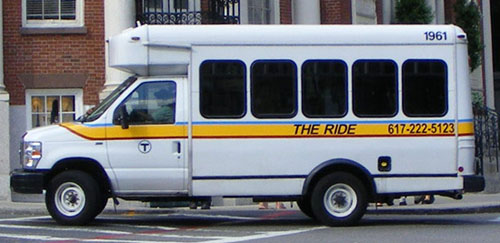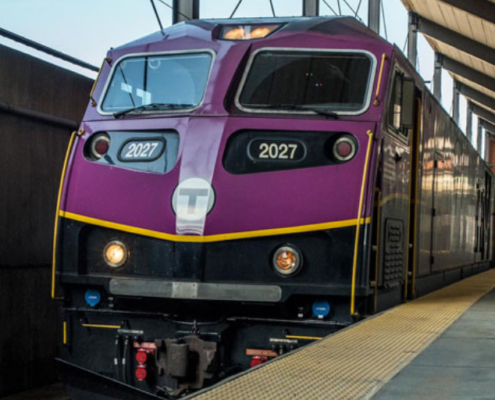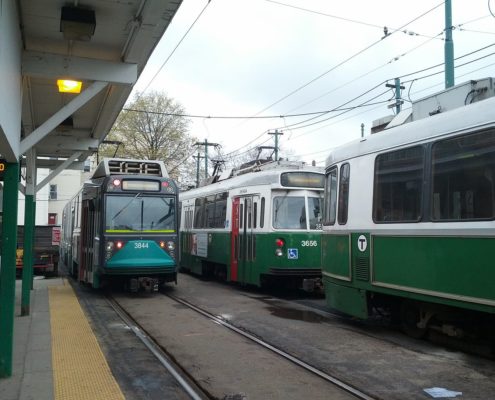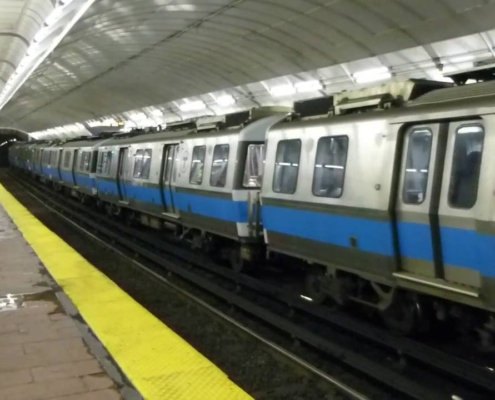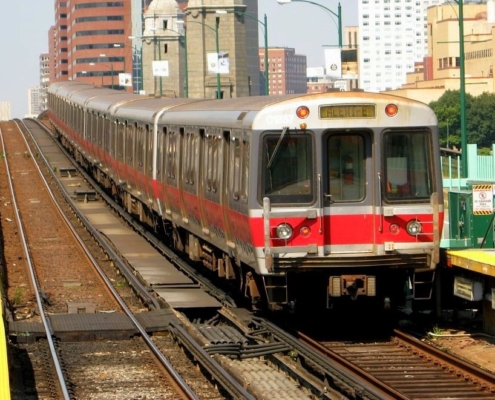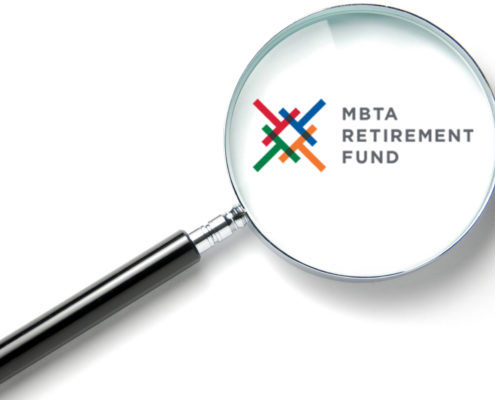The Power of Competition at the T
In 2015, right after record-setting snowfall shut down the region’s transit system, Pioneer developed governance and reform proposals to put the MBTA on a stronger fiscal footing. One of our reports concerned The Ride, the regional paratransit system for customers with disabilities, showing that:
- The Ride’s budget was out of control and procured through contracts that needed to be revisited, as the T was locked into an outdated, expensive, and unsatisfactory system.
- For the majority of The Ride’s customers, the services could be provided by taxicab and ridesharing companies at a fraction of the cost and at a higher quality of service.
Since then, the MBTA has launched an on-demand pilot program that uses these new vendors to provide paratransit services to hundreds of riders, and yesterday the authority announced the 10,000th trip delivered through the pilot. While the rest of The Ride continues to barrel ahead with ever increasing costs, the pilot has given us a glimpse of the power of competition to improve people’s lives and dramatically reduce the cost of public services. Some highlights:
- Customer satisfaction is so high that the number of trips has increased by more than 25 percent;
- Customers save an average of 34 minutes per trip, and can schedule a trip in 5 minutes rather than the usual day in advance;
- The overall cost to the MBTA has decreased despite the fact the authority is providing more trips. Why? The cost per trip has been cut to less than a third of what it was (from $31 per ride to just $9).
Yesterday, the Governor and the Chief Administrator announced that the pilot will be extended to all users of The Ride. This is an effective way to improve service, lower costs, and save taxpayers money. That’s great news for the T and even better news for users of The Ride.
Get Our Fix the T Updates!
Recent posts:

